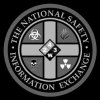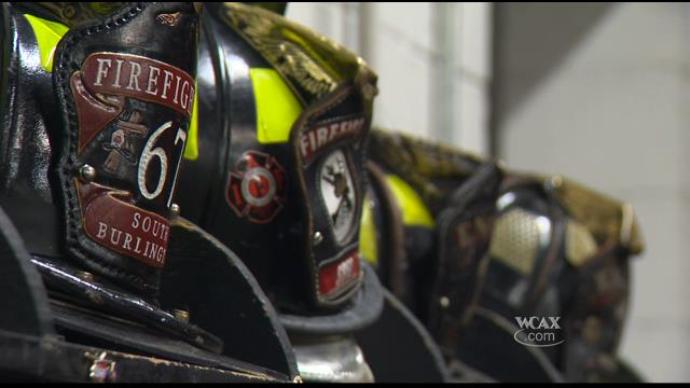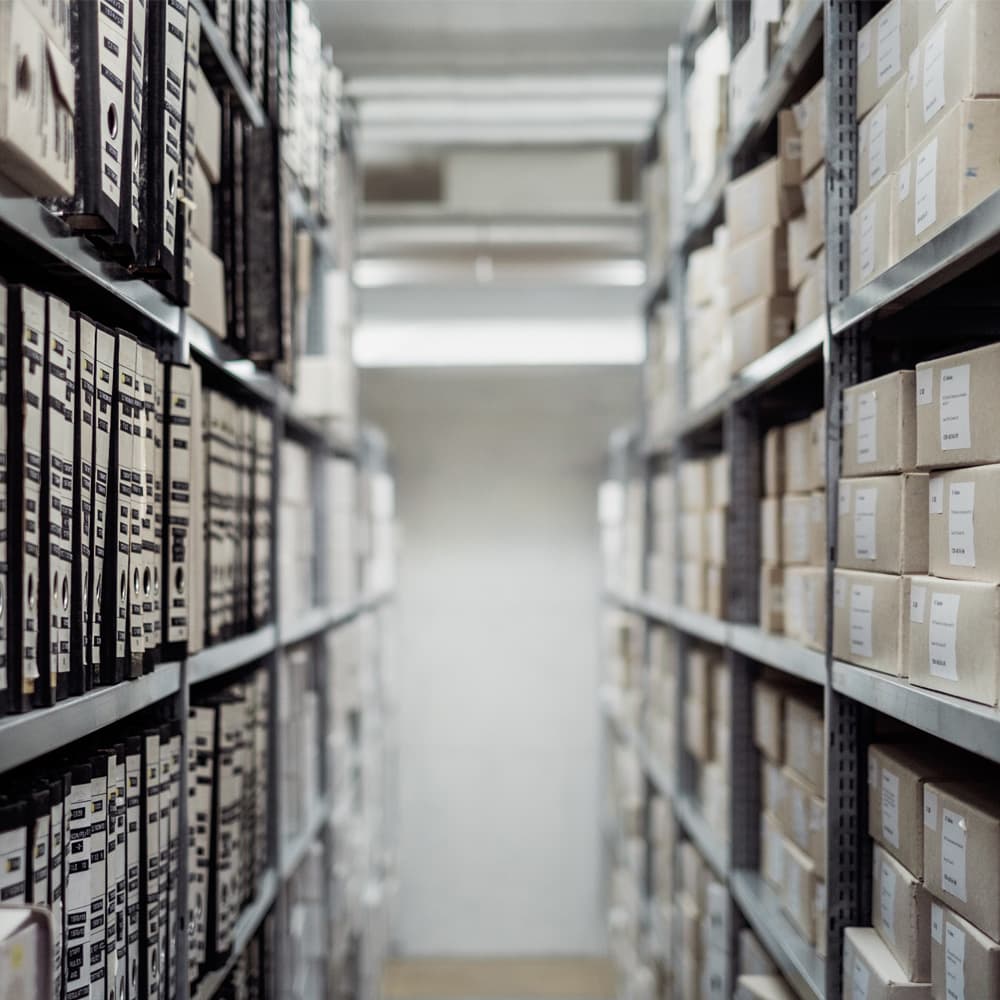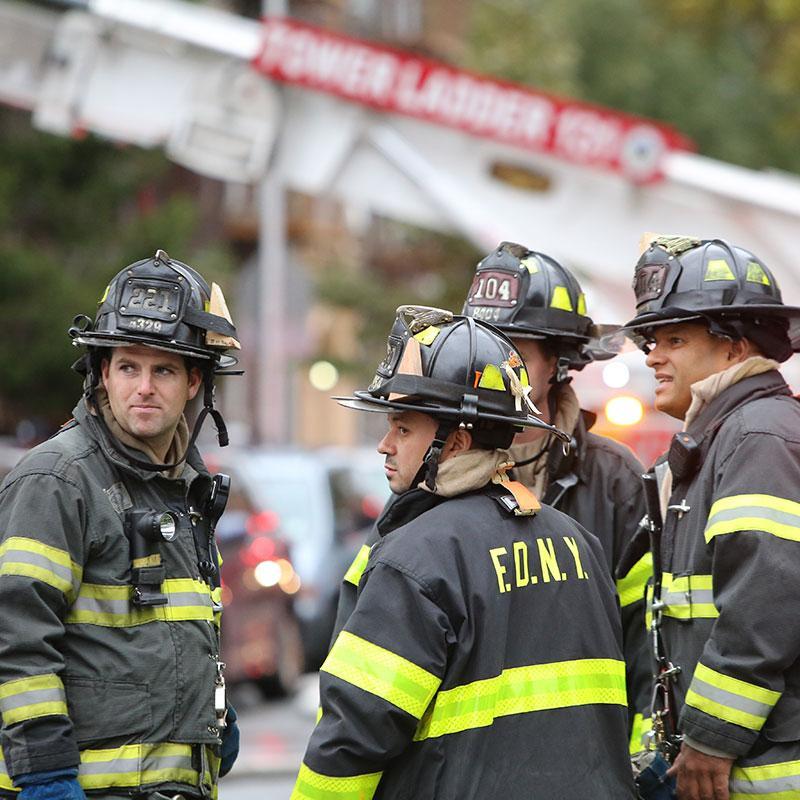
The Orientation:
Safety orientations and safety briefings are one of the most important methods by which you will receive that information which you will need to remain safe during an event.
The course “Safety Guidelines for First Responders & Disaster Workers” is a massive undertaking. We have straddled the very edges of lessons learned, situational awareness and determining the best way share that vital information with you.
There will be, we’re sure many responders who have dealt with many events and emergency situations which gives them a sense of knowing what will be expected. Well, this one, this event may prove to be the one that’s different enough, it may pose exposures and/or dangers which they’ve never seen or been aware of before.
It is precisely for that reason that we ask all responders regardless of what their experiences may have been to take the necessary time and focus to be become aware of “This” events unique dangers.
How do we get you past, showing up to this course with a pre-notion that you have nothing to gain. That’s a huge leap of faith. Most responders have and will sit through scores of safety orientation and action briefings. What makes this course any different? We feel we let you gain insight into what is found between the lines. Things that get lost in translation or something that is not fully disclosed. You should know everything you possibly can to assure your safety. If and when things come apart at the seems, what are the next steps? Is the communication clear? These are things that should be discussed in an open orientation and briefing.
As seasoned a seasoned responder we will ask that you bring a little humility to the table and understand none of us can know everything. Going through score of previous orientations and briefings doesn’t mean this one will be the same. This one, could be the one you’ve never seen or anticipated.
Guessing is not an option one can afford to carry along with them in these unforgiving environments. Even on the surface, when things seem calm and “Normal”, there can exist on the other-side of a site’s façade exposures and dangers that can alter or end your life all together.
Stay informed. If you ever miss an orientation or briefing, it will be worth your while to catch a repeat of them. Most properly structured events will either hold them as recorded tools (video, audible or printed) that you can use to assure your being informed.
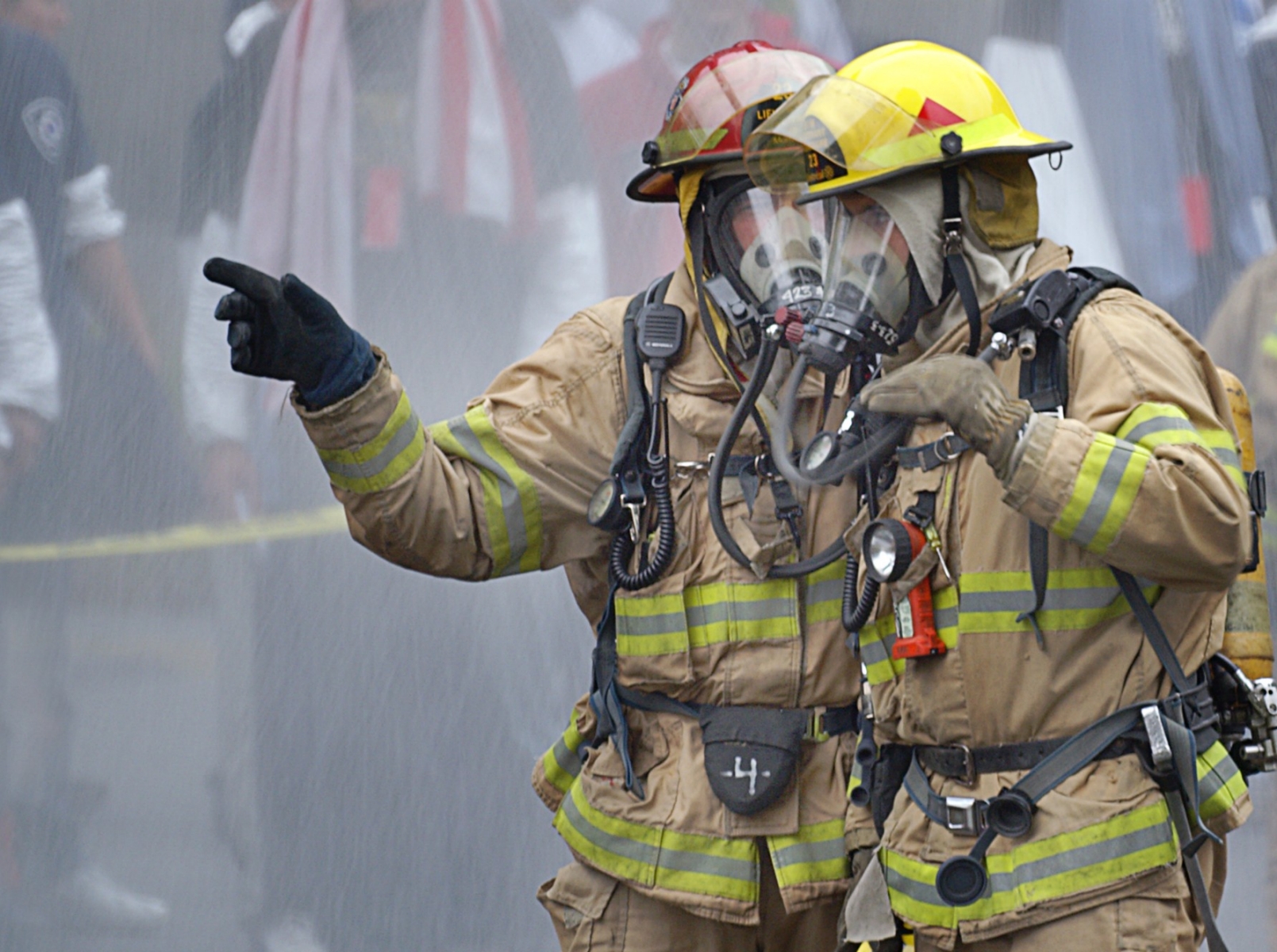
Give pause to know that there is a great deal more to explaining to you what safety is and how to include it as an integral part of your every moments behavior. These are learned traits. Take the time necessary to embrace them. This should become a new mindset for you that will prove to be the most effective way to ensure your safety and life, as well as the health and lives of those around you.
If you take the time necessary to become knowledgeable in these safe practices, it will most assuredly provide you more time and a healthy outcome for your future.
Read More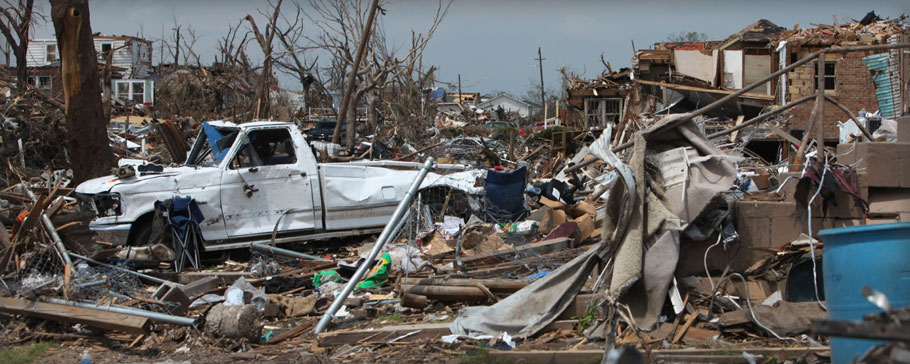
Navigating a Disaster Event
Responders help communities navigate through disaster events.
Almost always depending on the size and magnitude of an emergency or disaster event, responders will have a different mindset in helping residents and those impacted.
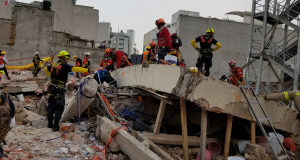 We can point to all the written documents, polices, procedures, manuals and guidance put in place to deal with specific types of events. In large scale event that guidance needs to be flexible and ma-liable to meet the demands of what your dealing with outside the norm
We can point to all the written documents, polices, procedures, manuals and guidance put in place to deal with specific types of events. In large scale event that guidance needs to be flexible and ma-liable to meet the demands of what your dealing with outside the norm
Don’t abandon the steadfast guidance that has been known to be effective over time. Those documents as long as they are living documents will help keep you safe. In large scale events, everything is subject to change.
Read More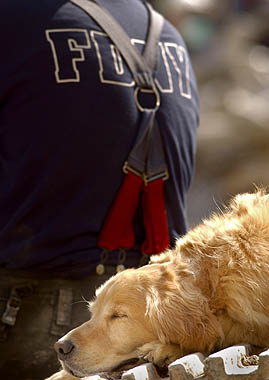
Once You Know the Truth, you See Things Differently
This is likely one of the most significant pieces of information you’ll take away from “Safety Guidelines for First Responders and Disaster Workers'”.
In all probability it will be unintentional with no malice or negative forethought. Decisions will be made (predominantly on large scale events) that will result in your not being adequately supported, resulting in injury, illness or death.
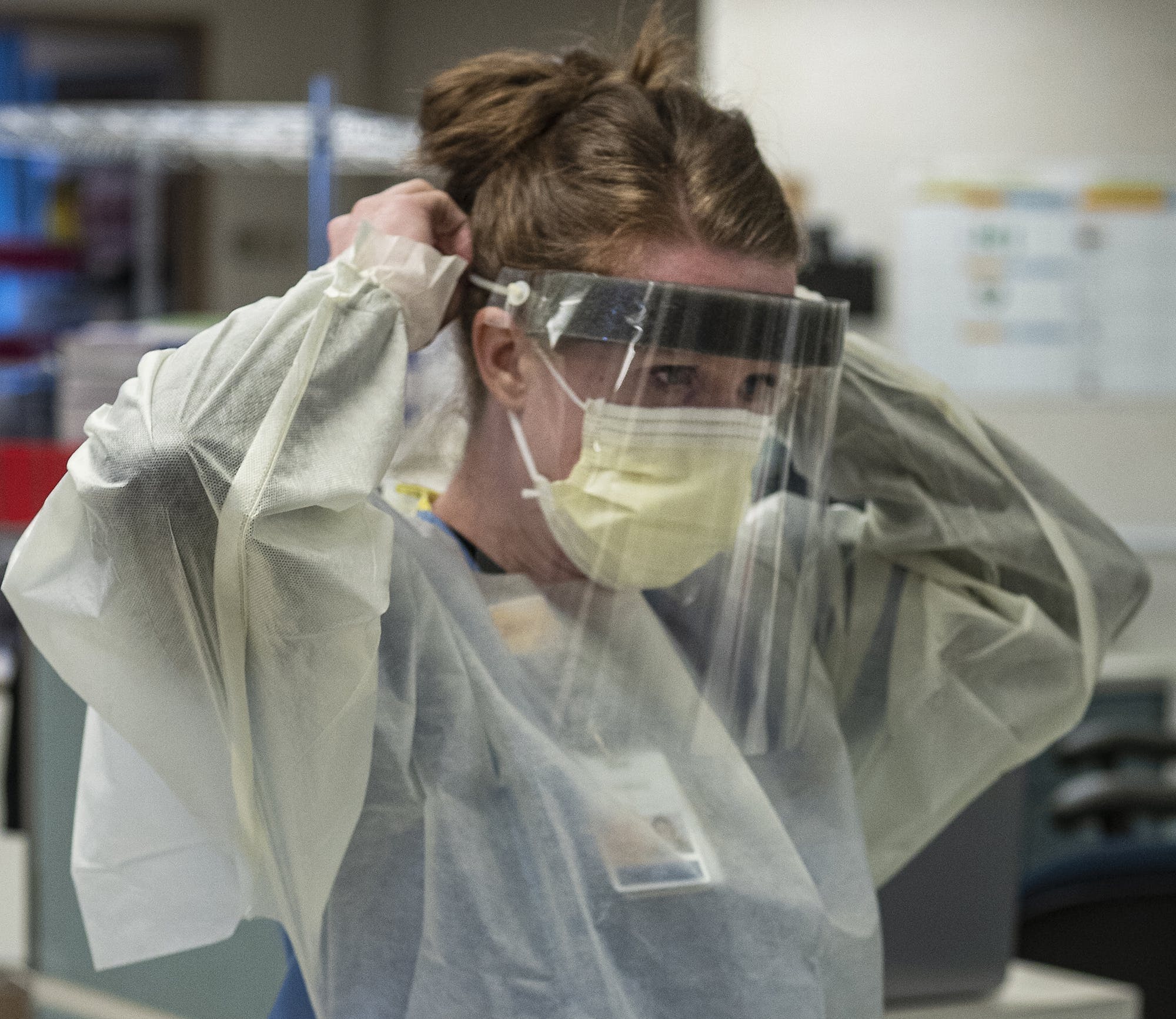
Enter COVID-19
This mass pandemic has demonstrated how less than prepared we are for a massive, large scale event. Responders throughout the country and throughout the world were relying on adequate Personnel Protective Equipment (PPE) to safeguard them from exposures.
Read More
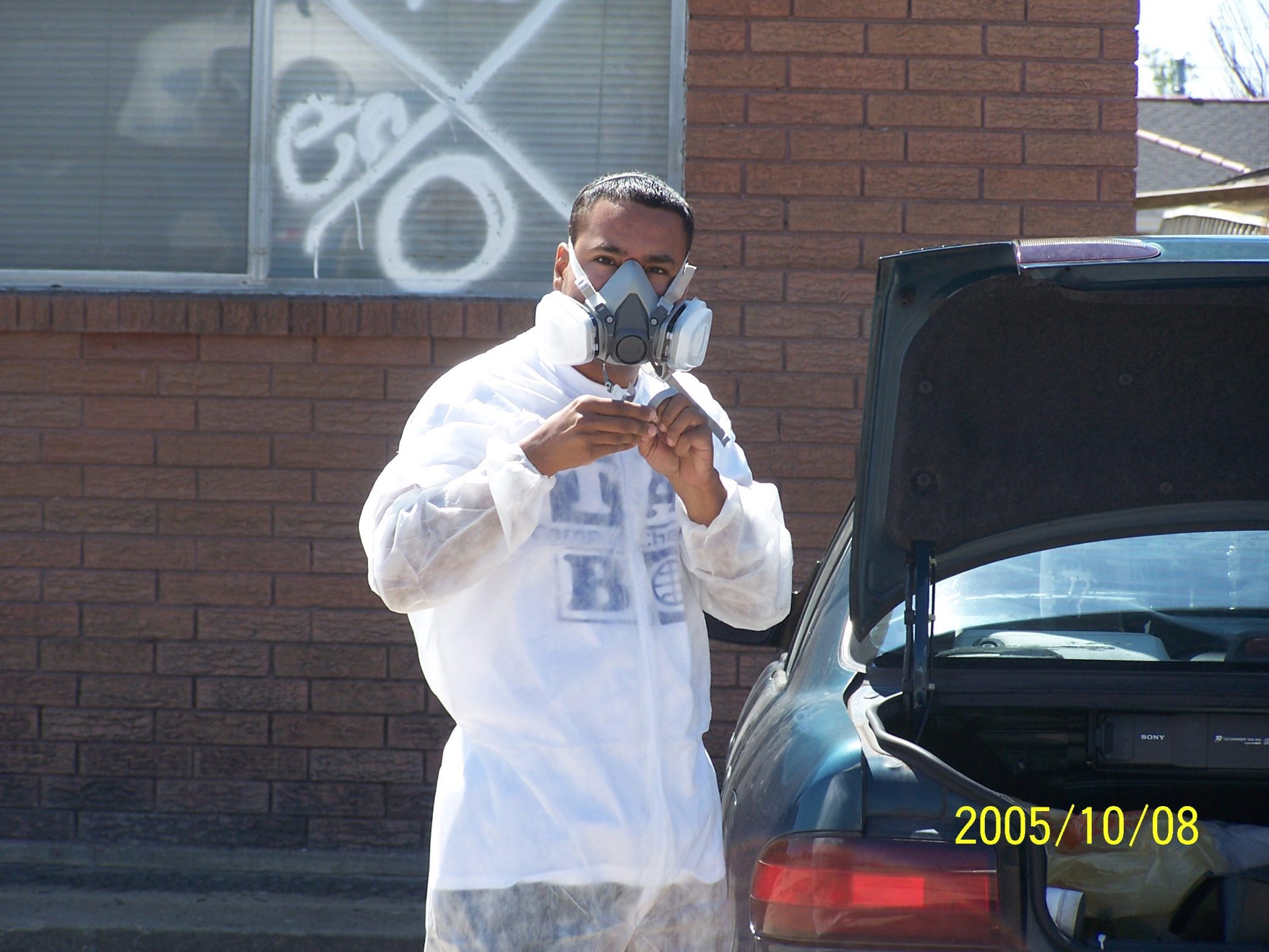
First Things First!
Checking In:
Assuming you’ve been called into service one way or another, either through your agency,
organization, company or you’re an independent responder. Someone needs to know you’re in the disaster environment.
If you are an independent responder and no one knows your there, you can become a liability if you become injured, or you may find you are getting in the way of other responders. Don’t hesitate to stay in contact with the established Emergency Operations Center (EOC) to gather safety information relevant to the disaster event.
As with many emergency or disaster related tasks or assignments, you will need to abide by the use of appropriate Personal Protective Equipment (PPE). Welcome to understanding more of everything going on around you! These will become learned traits and will ultimately increase your level of working safely, and being more productive.
Communication is one if not the most criticized issue in lessons learned from any event. Make sure your part of the answer as opposed to the problem.
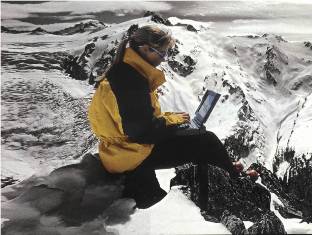
2023-24 Student Application
Our online registration and application process is very easy. Simply select the the primary course or if you are just selecting the Safety Database, hit register or enroll and you will be prompted through the application/registration process. You will be a healthier person for your efforts.
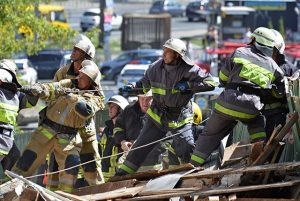
Taking Inventory of Yourself & Surroundings
Students who take the initiative to gain the knowledge they need to make informed decisions will foster their safety. The systems that guide us in disaster events are likely well meaning but we should be actively engaged in knowing what our responsibilities will be to ensure our own well being.

Read MoreSafety is a mindset that is learned. Once learned, we can expand on that knowledge to make our decision making process most effective.
Knowing and being aware of your emotional state is a lot more important than you might believe. There’s a big difference from having a few butterfly’s in your stomach compared to a state of total anxiety. If you become aware that your way off, take the necessary time to gain your composure and get your bearing.
Knowing what you have available at the onset of an event or at least when you show up to it, is crucial to your very survival. Making an assessment of the logistical side of the house will quickly broaden your ability to secure what you will need to make your performance more efficient.
Getting to know who and where your logistical operations staff is located will foster your ability to make requests and hopefully secure everything you will need.

COVID-19 “This Changed Everything”
The strain placed on all first responders, first receivers and the our entire population has been enormous. The unimaginable has occurred. This is the largest major worldwide pandemic since the Spanish Flu of 1918.
It has changed the way we respond and how we react to other emergency or disaster events in the midst of the pandemic.
During this pandemic, we’ve come against barriers and restrictions that almost all but prohibit us from responding the way would normally respond.
We are apparently still early on in the pandemic regarding how it will impact responders. We will need to be creative and yet strive for best practices in providing services. We must assuredly keep keenly focused on assuring our own safety, least we fall ill and become incapable of performing our duties. We then become a liability as opposed to an asset.
What Happens if a “Big One” Strikes During the Pandemic?
Robert George Andrews ( The Atlantic)
Disproportionate Effects:
“Ending ‘Acceptable Losses’ in Disasters: How Emergency Management Can Help Build More Equitable Communities
Chauncia Willis is the co-founder and CEO of the Institute for Diversity and Inclusion in Emergency Management (I-DIEM).
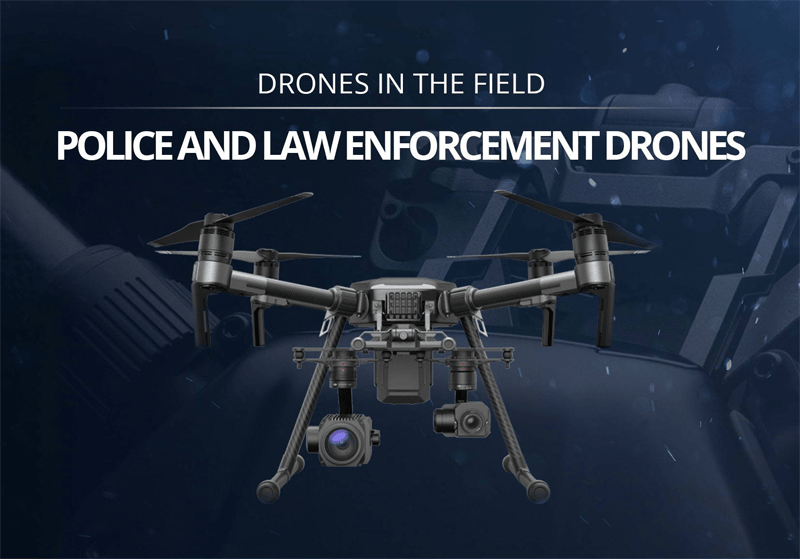
Technology Advances & Safety
Technological advances are always at the cusp of making things easier or different for all of us. In the fields of Fire-Rescue, EMS, Emergency Management, Law Enforcement, Disaster Response, these technological advances are crucial to help us get through the next step while avoiding an exposure or a hazard or danger.
Technology Advances & Safety Links
Read More